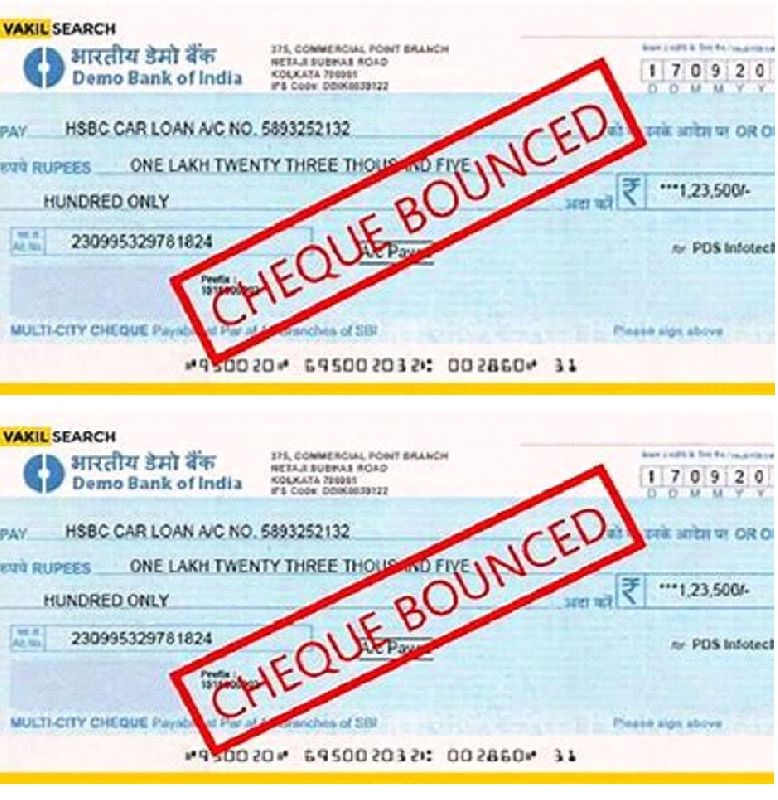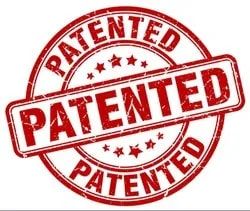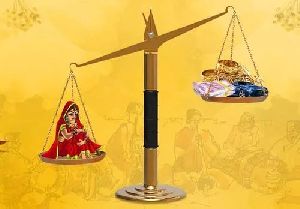Cheque Bounced Case
The very act of paying someone by way of cheque without having enough money in the bank may land the drawer of the cheque in jail. Cheque Bounce occurs when the cheque presented to the bank returns unpaid. There have been various important changes in the way cheques are issued, bounced, and dealt with. As there is an increase in trade and commerce, the use of cheque has also increased and also cheque bouncing disputes. Cheques are a major part of transactions in the country. Cheques are used as a mode of payment for several purposes such as repayment of a loan, payment of salary, business transactions, etc. Issuing a cheque as a mode of payment also secure the proof for the payment and it is one of the most reliable modes of payment for many people. As businesses in India continue to go digital, the sanctity of cheque transactions continues, particularly for small and medium businesses. Cases of dishonor-of-cheques are a growing problem and can adversely impact SME’s and MSME’s growth and sustenance.
In case of a dishonored cheque, if there is no payment within 15 days of sending legal notice, you need to file a criminal complaint in Court to recover the amount. P4 Legal IP Associates will help you draft and file the cheque bounce case through an expert cheque bounce lawyer.
In a cheque bounce case, a legal notice needs to be sent first before filing of the complaint.
Timelines in a Cheque Bounce case
The legal notice must be sent within 30 days from the date of bouncing of the cheque.
The legal notice provides the cheque issuer 15 days from the date of receipt of notice to make the payment.
In case the drawer fails to pay within 15 days, then a criminal complaint is to be filed in the Court within 30 days from the expiry of the 15 days.













